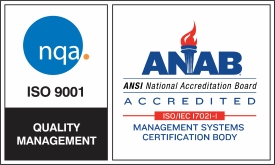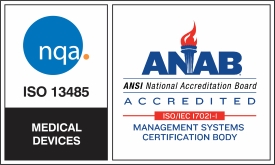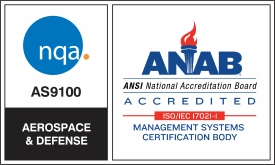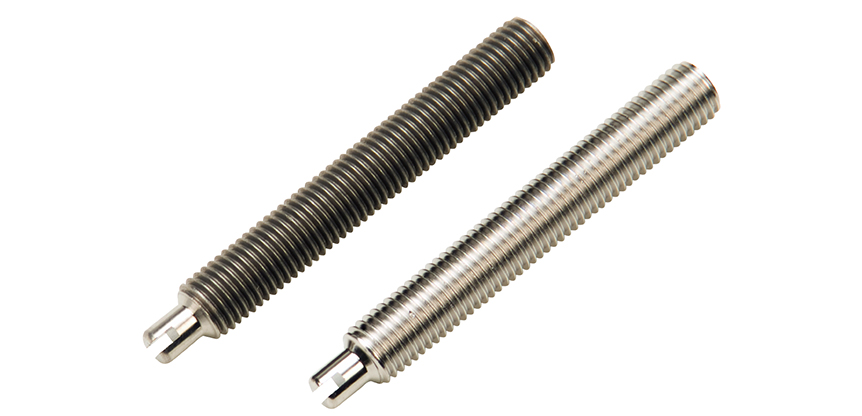There are many industries that use electropolishing so their parts continue to perform optimally. Preventing contamination, unexpected failures, and costly complications due to corrosion and tarnishing of metals is possible with electropolishing.
Corrosion is the wearing away of engineered metals due to a chemical reaction. Because of the formation of hydroxide ions, this process is strongly affected by the presence of acid and a low pH. Oxygen exposure will also accelerate the corrosion of most metals.
Why do metals corrode?
In most cases, the metal reacts to an environmental factor, such as oxygen or moisture in the air. This creates a process known as electrochemical oxidation. A common example of electrochemical damage is rusting, which usually creates oxides and/or salts in the original metal. Since most metals (with the exception of copper and the precious metals) are used in chemically unstable environments, all are subject to corrosion.
What is the difference between corrosion and tarnishing?
Tarnish is a thin layer of corrosion that forms over brass, silver, copper, aluminum and other comparable metals. Tarnish is caused by a chemical reaction in the outermost layer of the metal. Unlike corrosion or rust, tarnish is a surface phenomenon. Only the top layers of the metal are affected.
Electropolishing: Insurance for Metal Parts
Because of its simplicity and ability to be used on objects of various complex shapes, electropolishing is a common process in the metal finishing trade. Electron microscopes, surgical devices and machines with mechanical parts are all good candidates for electropolishing. Because this process does not affect the deeper layers of an object, it is usually preferred over mechanical polishing.
A variety of industries around the world use electropolishing services for many different reasons. A few examples include:
Pharmaceutical—Since corrosion and bacteria growth could lead to contamination of medications and medical devices, electropolishing often used to refine equipment used in the manufacturing and dispensing of medicine.
Automotive and aerospace—Electropolishing helps to improve the finish and inhibit corrosion and tarnish on gears, lead screws, injectors, rotors and more.
Medical/Dental—Electropolishing ensures that medical and dental tools, as well as, dental implants are sanitary, clear of burrs, and resistant to tarnish and corrosion.
Household/Commercial Appliances—Electropolished metal parts are often used in appliances like refrigerators, ice machines and deep fryers and adds a shiny, attractive appearance. They are also are safer and will perform better over time.
To learn more about using electropolishing to counteract tarnish and corrosion, contact a representative at Able Electropolishing for more information.




